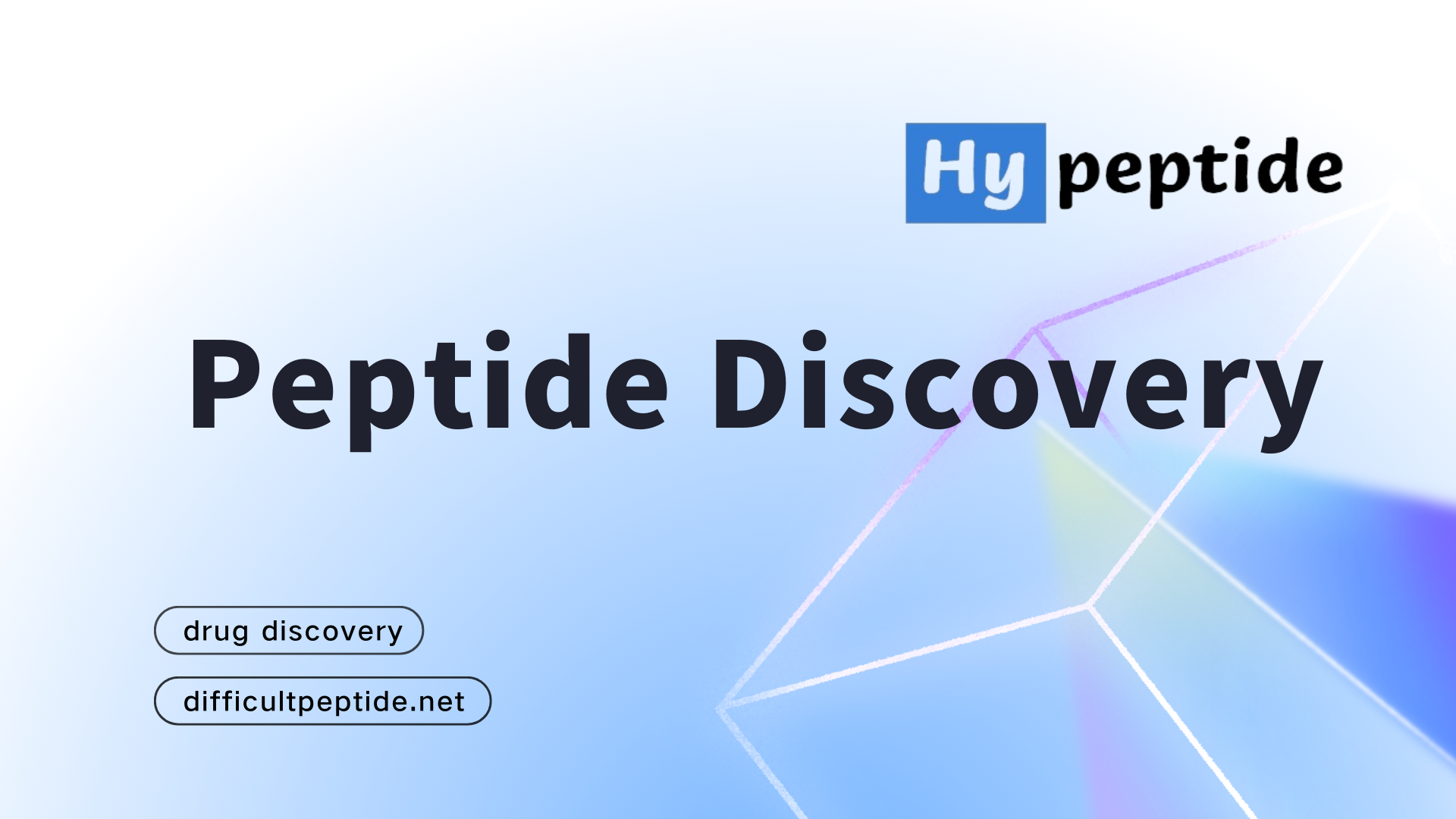
Analytical Chemistry in Drug Discovery: Decoding Molecular Complexity for Therapeutic Advancements
Introduction:
The realm of drug discovery is intrinsically linked to the precision and depth provided by analytical chemistry. In this comprehensive exploration, we delve into the pivotal role of analytical chemistry in unraveling the complexities of molecular structures, elucidating the significance of advanced analytical techniques in the pursuit of innovative therapeutic agents.
I. The Analytical Imperative in Drug Discovery:
A. Unraveling Molecular Complexity:
- Overview of the molecular intricacies in drug discovery.
- Role of analytical chemistry in decoding complex biological systems.
B. Precision Medicine and Personalized Therapies:
- Tailoring treatments based on individual patient characteristics.
- Analytical techniques facilitating personalized medicine.
II. Advanced Analytical Techniques:
A. Mass Spectrometry:
- Principles and applications in drug discovery.
- Metabolomics and proteomics advancements.
B. Chromatographic Techniques:
- High-performance liquid chromatography (HPLC) in drug analysis.
- Gas chromatography-mass spectrometry (GC-MS) applications.
C. Nuclear Magnetic Resonance (NMR) Spectroscopy:
- Structural elucidation of drug candidates.
- NMR in the validation of molecular interactions.
III. Bioanalytical Methods:
A. Pharmacokinetics and Pharmacodynamics:
- Analytical tools for studying drug absorption and distribution.
- Monitoring drug-receptor interactions through bioanalytical methods.
B. Biomarker Discovery and Validation:
- Role of analytical chemistry in identifying disease biomarkers.
- Validating biomarker candidates for diagnostic and therapeutic purposes.
IV. High-Throughput Analytical Platforms:
A. Accelerating Drug Discovery Pipelines:
- Overview of high-throughput analytical techniques.
- Integration with other disciplines for streamlined drug development.
B. Microfluidics and Lab-on-a-Chip Technologies:
- Miniaturization for enhanced sensitivity and efficiency.
- Applications in drug screening and diagnostics.
V. Challenges and Innovations:
A. Analytical Challenges in Drug Discovery:
- Sensitivity, selectivity, and specificity considerations.
- Addressing challenges in sample preparation and analysis.
B. Innovations and Future Directions:
- Emerging technologies and their potential impact.
- Analytical chemistry’s role in addressing future challenges.
VI. Case Studies: Analytical Triumphs in Drug Development:
A. Successful Drug Validation through Analytical Methods:
- Real-world examples of analytical chemistry contributions.
- Impact on drug development timelines and success rates.
VII. Collaboration and Integration:
A. Interdisciplinary Approaches in Analytical Chemistry:
- Collaborative efforts in drug discovery research.
- Integration of analytical chemistry with other scientific disciplines.
Conclusion:
Analytical chemistry emerges as the linchpin in the intricate tapestry of drug discovery, providing the tools and insights needed to navigate the complexities of molecular structures. As we progress into an era of personalized medicine and targeted therapies, the role of analytical chemistry becomes increasingly vital. Through this comprehensive analysis, we highlight the transformative power of analytical techniques and their profound impact on the advancement of therapeutic solutions for global health challenges.
Leave a Reply